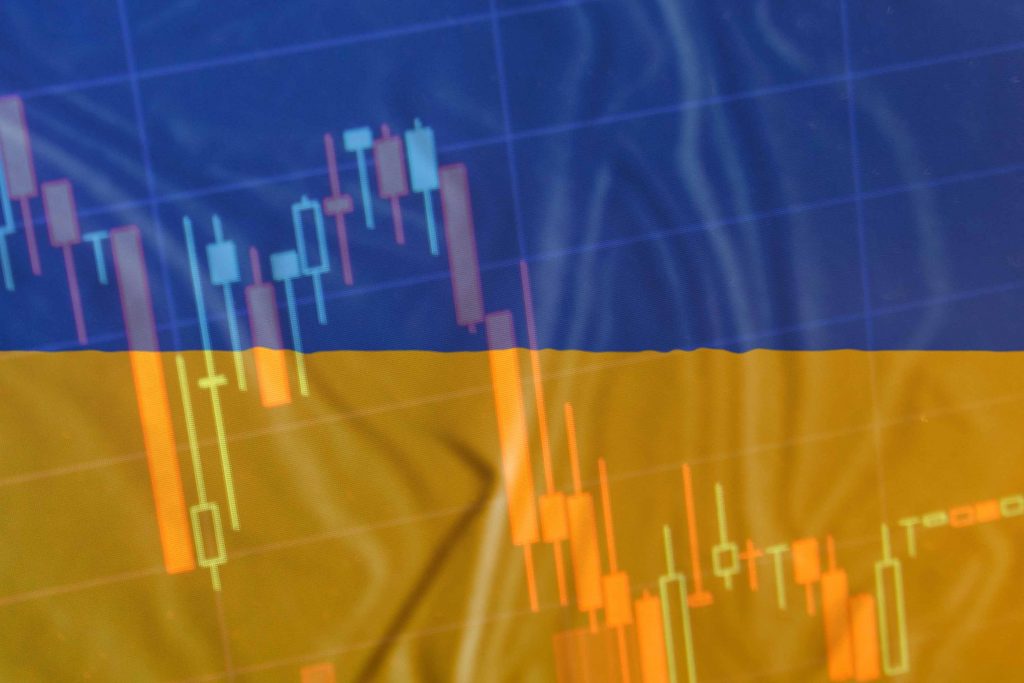The weekend began the G7 Summit, with the war in Ukraine and the possible tools to continue isolating Russia from the global economy, while avoiding damaging the supply chain, at the center of the debate. Some of the proposals that have come out of the meeting so far are: prohibit the import of Russian gold, limit the price of oil, and global infrastructure support amounting to $600 billion until 2027 aimed at the most vulnerable countries. In China, it was celebrated in the markets that no new cases of Covid infection were reported for the first time in two months. As for raw materials, oil rose on the good news coming from China, although investors remain cautious about the limited supply and a possible recession. This week Russia has defaulted for the first time since 1918, due to default on its foreign currency debt obligations, after the end of the 30-day grace period due to financial sanctions imposed by the invasion of Ukraine. On a European note, this week the ECB Conference will take place in Sintra, Portugal, where the most important speech will take place, with the ECB previously announcing rate hikes for July and September and, possibly later, the arrival of the anti-fragmentation tool. Schnabel, a member of the ECB’s executive committee, is also expected to outline expectations for inflation and monetary policy. ECB Governing Council member Joachim Nagel said that history has shown that long-term inflation expectations can drift off target if central banks are too slow to fight inflation. The German also commented that the rate hikes in July and September in the Eurozone are the beginning, and it is necessary to return interest rates to the neutral level. Powell’s appearance before Congress took place in the United States, where he emphasized the firm position against inflation seen in the previous FED meeting. It seems that, as usual, decisions will be made based on the data prior to each meeting and, based on the statements he made, it seems that it will be difficult to achieve a smooth slowdown. For now, the FED is trying to combat inflation on the demand side, by increasing financing costs, reducing asset prices and by strengthening the dollar. On the macro front, the University of Michigan Consumer Confidence Index fell in June to a record low of 50 (vs. 50.2 forecast and 58.4 prior), levels not seen since the global financial crisis. However, the survey of 5-10 year inflation expectations fell slightly to 3.1% reflecting confidence in Powell’s commitment to reining in inflation. The crucial data of the week will be the consumption deflator on Thursday that could rise to 6.4% INFORMATIONTitleSituation of the markets in geopolitical keyDescriptionThe weekend began the G7 Summit, being the center of the debate the war in Ukraine and the possible tools to continue isolating Russia from the global economy, while avoiding damaging the supply chain.Author GLOBAL BOX
Market situation in geopolitical key

